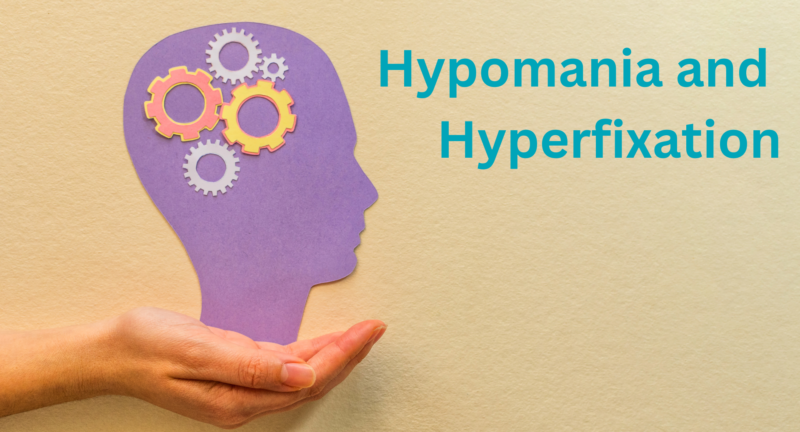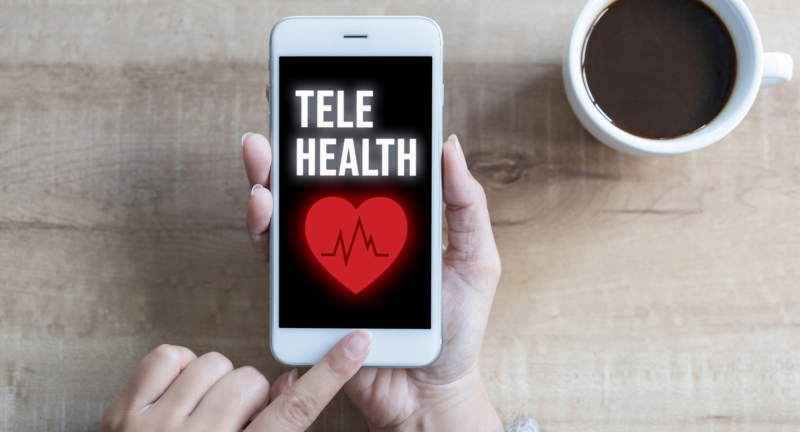
How to Tell If You Have a Social Anxiety Disorder
It’s normal to experience occasional nervousness in social situations. For example, you might feel butterflies if you’re going on a first date, or if you have to give an important presentation at work. However, occasional nervousness isn’t the same thing as social anxiety disorder. With social anxiety disorder, everyday social situations can create stress and anxiety that disrupts your life.
The good news is that social anxiety disorder (sometimes called social phobia) can be treated, but the first step is to get a proper diagnosis.
So how do you know if you have social phobia? We’ve got the answers here.
Symptoms of Social Anxiety Disorder
All of us experience uncomfortable emotions to some degree on a daily basis. This can include:
- Unease
- Apprehension
- Worry
- Nervousness
With periodic stressors, the body only has episodic reaction to the stressors. It’s not on-going. For instance, after your big presentation at work, you no longer feel stressed or uneasy. The uncomfortable feelings end when the periodic stressor stops. When anxiety symptoms develop into ongoing states of distress, it can lead to a diagnosis. With social anxiety disorder, you might feel these uncomfortable emotions just thinking about social situations. The on-going stress and anxiety can disrupt your life.
Signs and symptoms of social phobia include emotional, physical, and avoidance symptoms.

Emotional symptoms
Emotional symptoms include:
- Fear of social situations (fear of being judged)
- Anxiety about embarrassing yourself
- Fear of talking (or interacting) with strangers
- Replaying social interactions over and over in your head
- Feeling anxiety in anticipation of social interactions
- Fearing future events
Physical symptoms
Physical symptoms of social anxiety include:
- Blushing
- Flushed face or neck
- Intense sweating
- Shaky voice when speaking
- Upset stomach
- Rapid heartbeat
- Dizziness
Avoidance symptoms
Social phobia can impact the quality of your life, especially if you avoid activities or events that trigger anxiety. Avoidance symptoms include:
- Avoiding activities that require interaction with others (such as going to the grocery store, speaking to a waitress, etc.)
- Cancelling events with friends or family
- Avoiding any situation in which you might be the center of attention (public speaking, giving a speech, etc.)
Can children experience social anxiety? Yes. Children might refuse to speak, hide behind parents, and have a temper tantrum.
Treating Social Anxiety Disorder
Left untreated, social phobia can lead to low self-esteem, poor social skills, and difficulty maintaining relationships. The good news is that social anxiety disorder can be treated. Like all anxiety disorders, individuals with social phobia can benefit from mental health care. Common treatments include:
- Psychotherapy, including cognitive behavioral therapy (CBT)
- Medication (You can learn about medication management here.)
You can also reduce stress and anxiety by making time for activities you do enjoy, keeping a journal, and regularly practicing stress management techniques. According to the Anxiety and Depression Association of America, exercise (including gentle walking) can help boost your mood and reduce stress. [1]
Can a Pandemic Trigger Social Anxiety?
Pandemics can be stressful on individuals and entire families. Over the past few months, we’ve learned about a new disease — and a whole host of new social conventions. We’ve learned about social distancing, isolation, and how often (and what) items needs to be disinfected. According to the Centers for Disease Control and Prevention (CDC), stress, depression, and anxiety are increasing. [2]
Many individuals find that going into public right now can be scary… but can a pandemic trigger social anxiety?
To find out, we asked Dr. Brian Briscoe.
Let’s start with a correct definition of social anxiety. DSM V defines social anxiety as a “A persistent fear of one or more social or performance situations in which the person is exposed to unfamiliar people or to possible scrutiny by others…that is persistent, typically lasting 6 or more months.”
I do not have evidence that social anxiety will necessarily increase in post-pandemic times, but I do suspect that we may see an increase in overall rates of anxiety disorders in general.
Why?
Based on a study recently published in JAMA, we know that U.S. adults are experiencing a significantly higher degree of psychological distress during the Covid public health crisis. [3]
It is quite likely that higher rates of psychological distress will trigger existing pre-existing mental illness within vulnerable persons, and may also lead to the development of new mental illness, which include many anxiety disorders such as panic disorder, agorophobia, and PTSD – to name a few.
In my clinical practice, I have personally witnessed the stress/distress of Covid-19 trigger worsening symptoms in persons who struggle with a numeber of anxiety disorders such as Generalized Anxiety Disorder, PTSD, and Panic Disorder.
The good news is that we have treatments for these situations.
How Do You Tell the Difference Between Social Anxiety and Generalized Anxiety?
If you’re struggling with ongoing states of distress and feelings of anxiety, how do you know if you’re dealing with social anxiety or generalized anxiety?
Dr. Briscoe explains the difference:
Persons who struggle with generalized anxiety disorder tend to struggle with a broad variety of worries. They might:
- Have trouble turning their mind off
- Worry about lots of things
- Sweat the small stuff
- Worry about school, bills, finances, relationships, lots of things.
The worry may sometimes cause restlessness, fatigue, difficulty concentrating, irritability, or trouble sleeping.
Persons who struggle with social anxiety (a.k.a. social phobia), on the other hand, tend to experience a high degree of anxiety primarily in social settings, or in situations in which they fear they will be scrutinized or ‘judged’ by others.
Some people who struggle with social anxiety also struggle with generalized anxiety and vice versa, but not always.
Explore Your Next Steps
At NextStep 2 Mental Health, we provide comprehensive and compassionate anxiety treatment. Whether you’ve been struggling with generalized anxiety or social anxiety disorder, we can help you feel better. Give us a call at our Louisville, Kentucky office at 502-339-2442, or send us a message to request more information.
You can also request an appointment with our convenient scheduling tool here.
About Dr. Briscoe
 Dr. Brian Briscoe is a board-certified psychiatrist and the medical director of adult programs. Dr. Briscoe was voted a “Top Doctor” by Louisville Magazine. You can make an appointment with Dr. Briscoe here .
Dr. Brian Briscoe is a board-certified psychiatrist and the medical director of adult programs. Dr. Briscoe was voted a “Top Doctor” by Louisville Magazine. You can make an appointment with Dr. Briscoe here .
References:
- https://adaa.org/living-with-anxiety/managing-anxiety/exercise-stress-and-anxiety
- https://www.cdc.gov/coronavirus/2019-ncov/daily-life-coping/managing-stress-anxiety.html
- Emma E. McGinty, Rachel Presskreischer, Hahrie Han, Colleen L. Barry. Psychological Distress and Loneliness Reported by US Adults in 2018 and April 2020. JAMA, 2020; DOI: 10.1001/jama.2020.9740
Related Posts
Hypomania and Hyperfixation: What’s the Difference?
Mental health conditions can manifest in various ways, and two related concepts...
Preparing for Telehealth: What Parents Need to Know
As parents, you've no doubt taken your child to dentist appointments, eye doctor...


